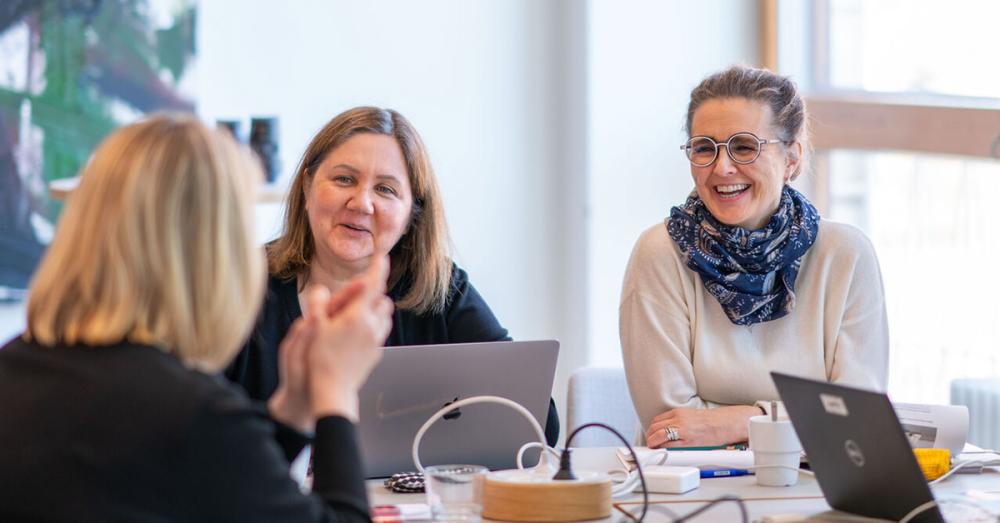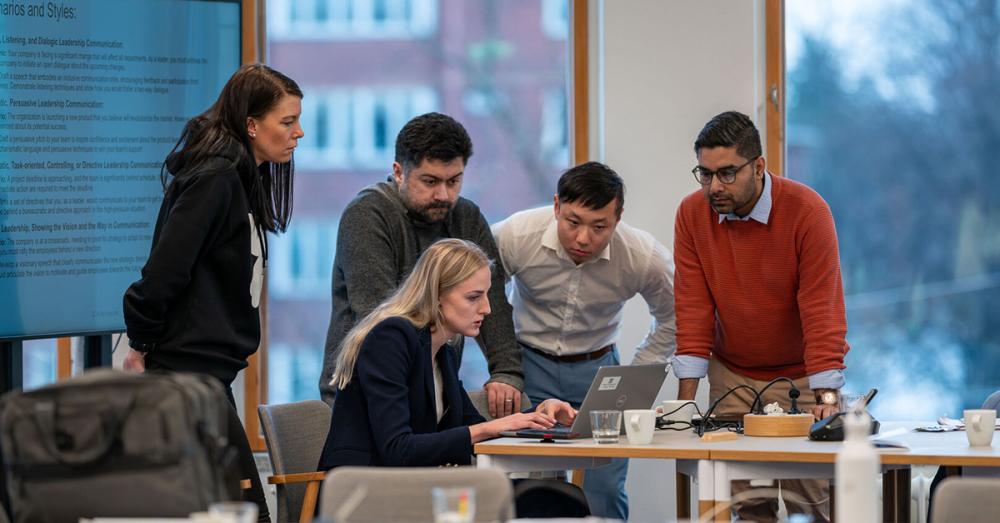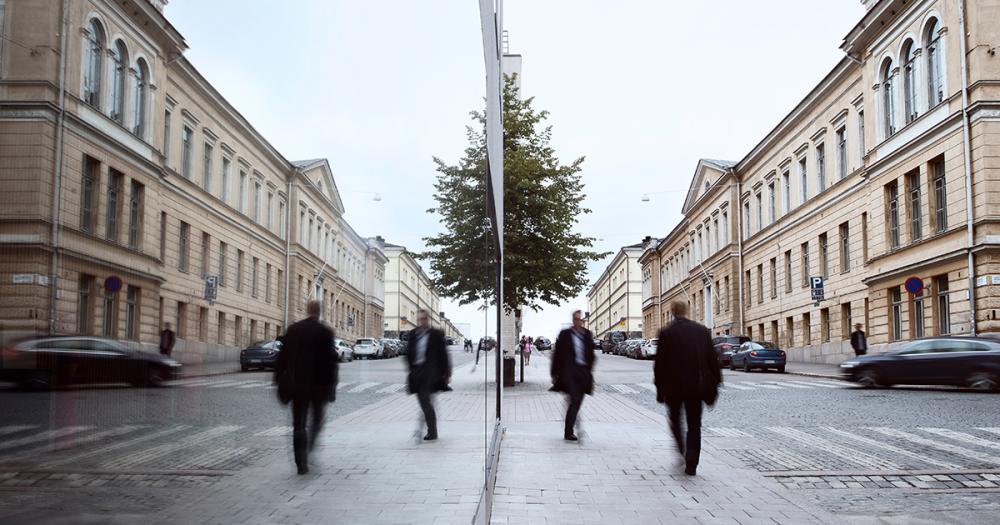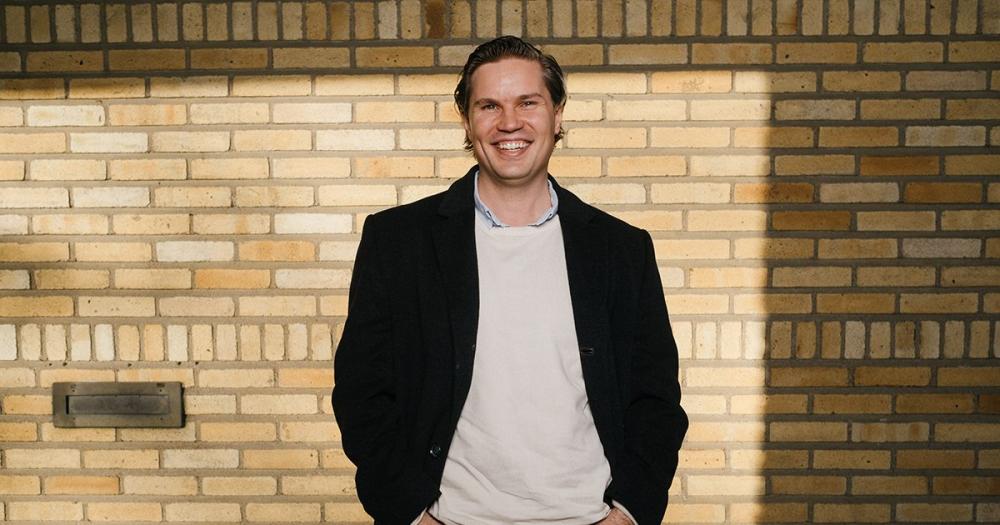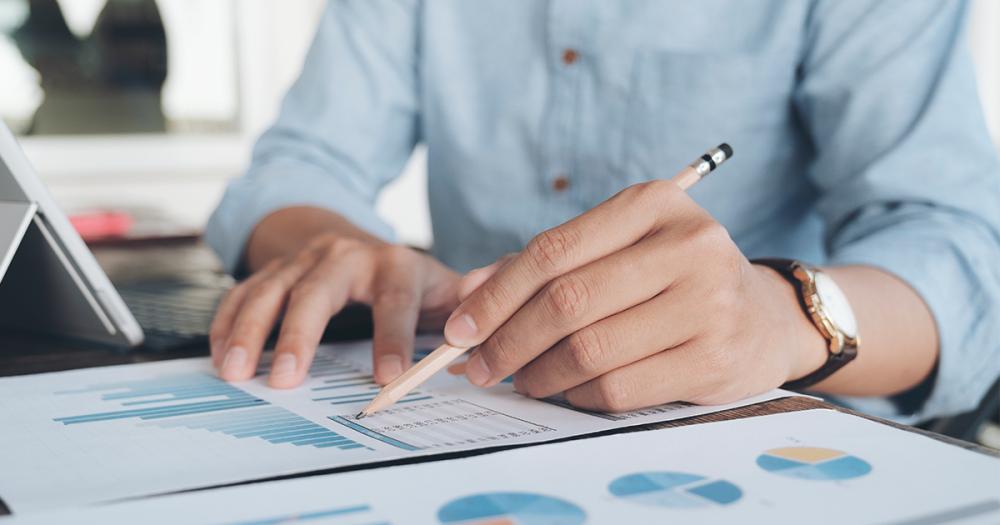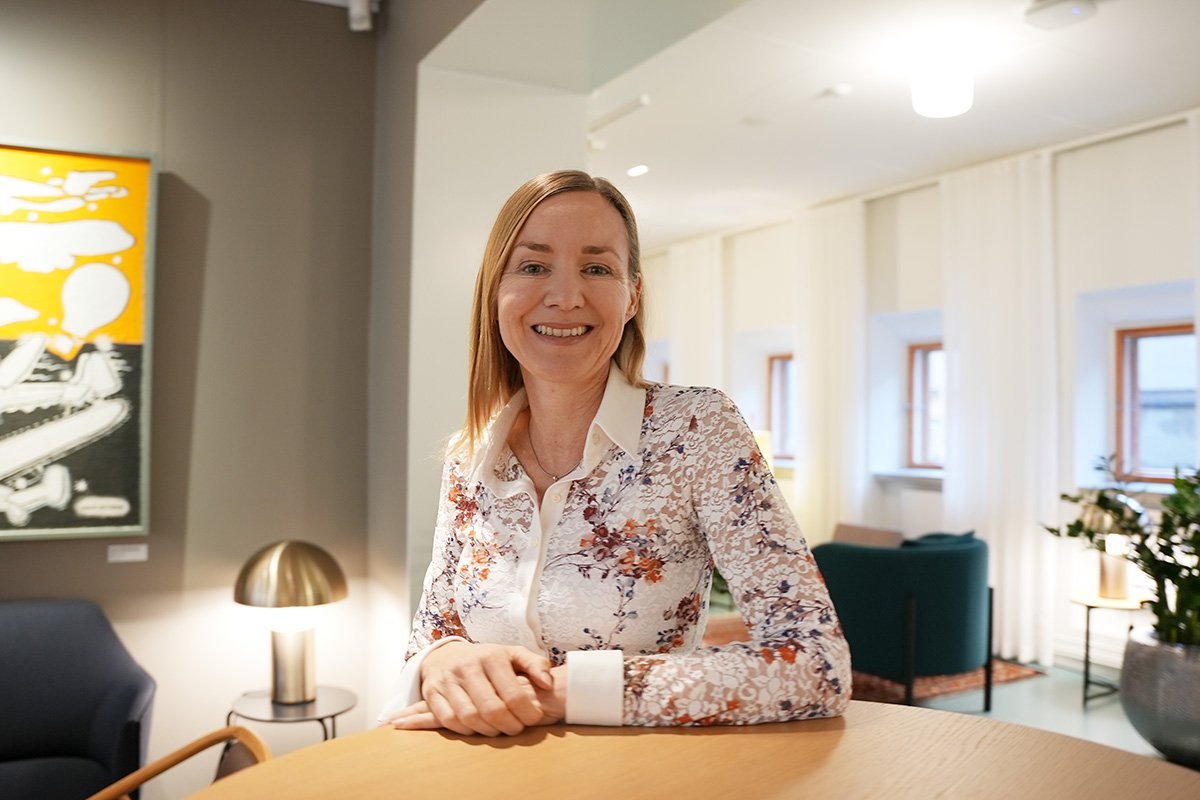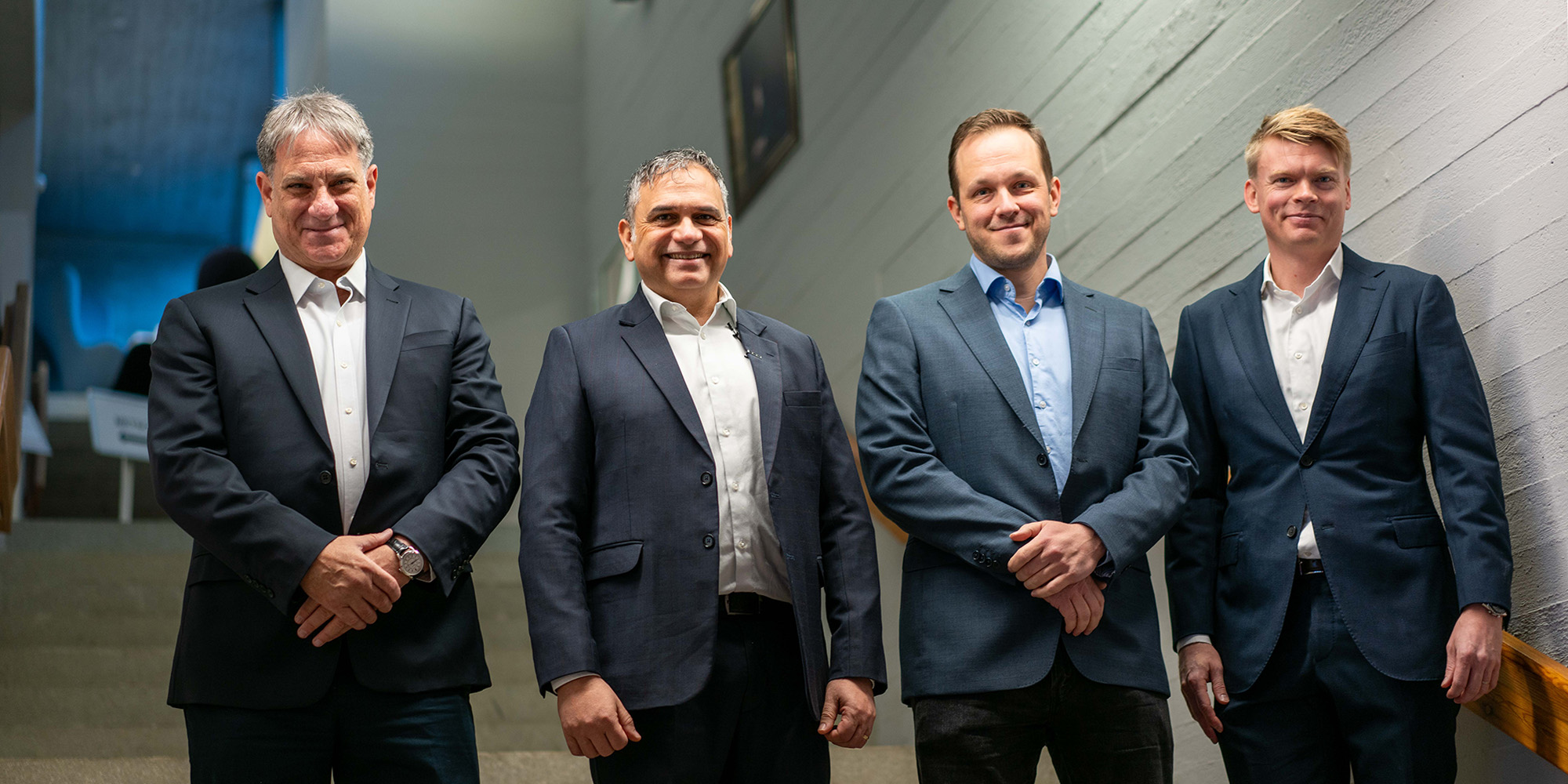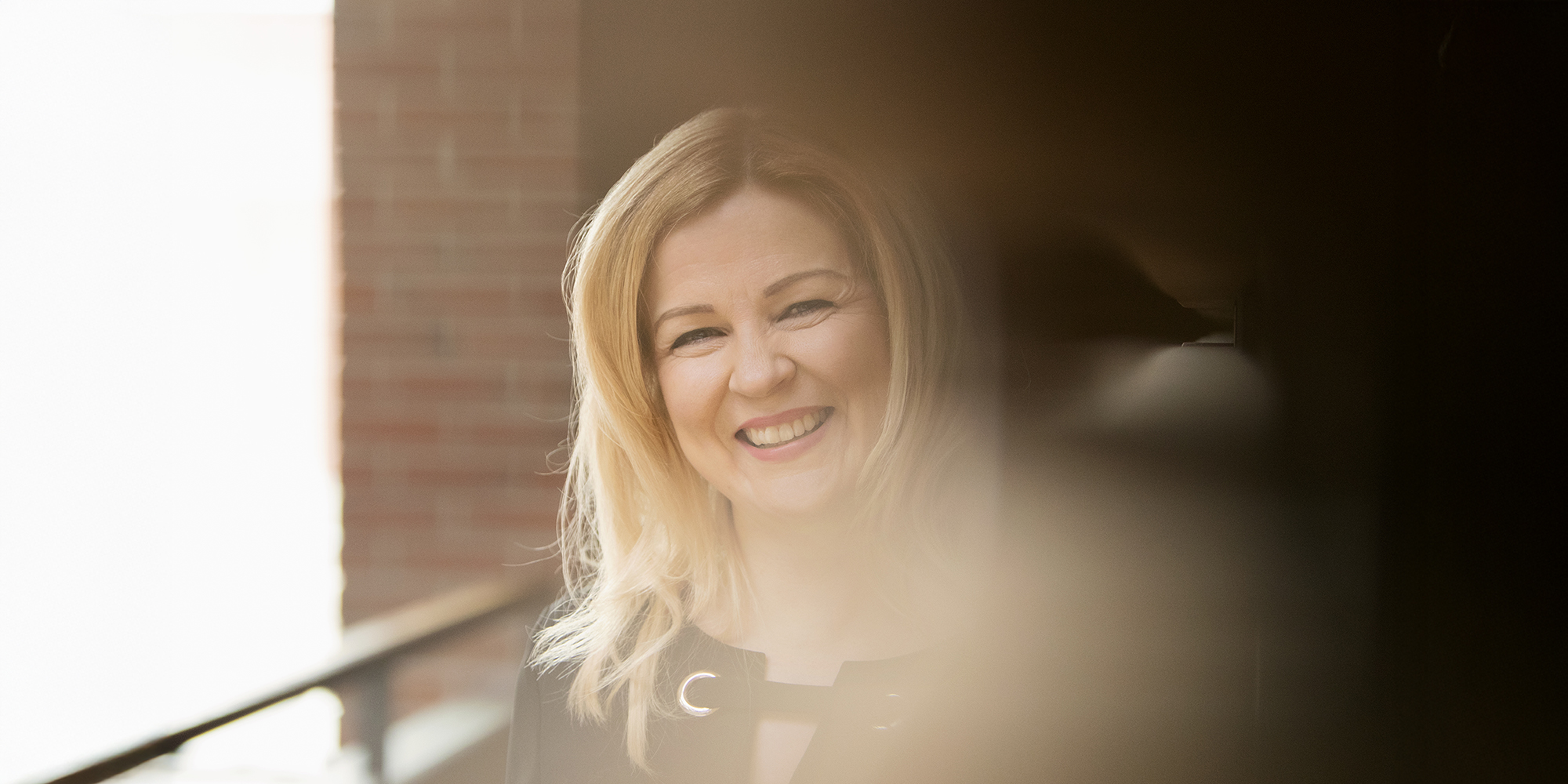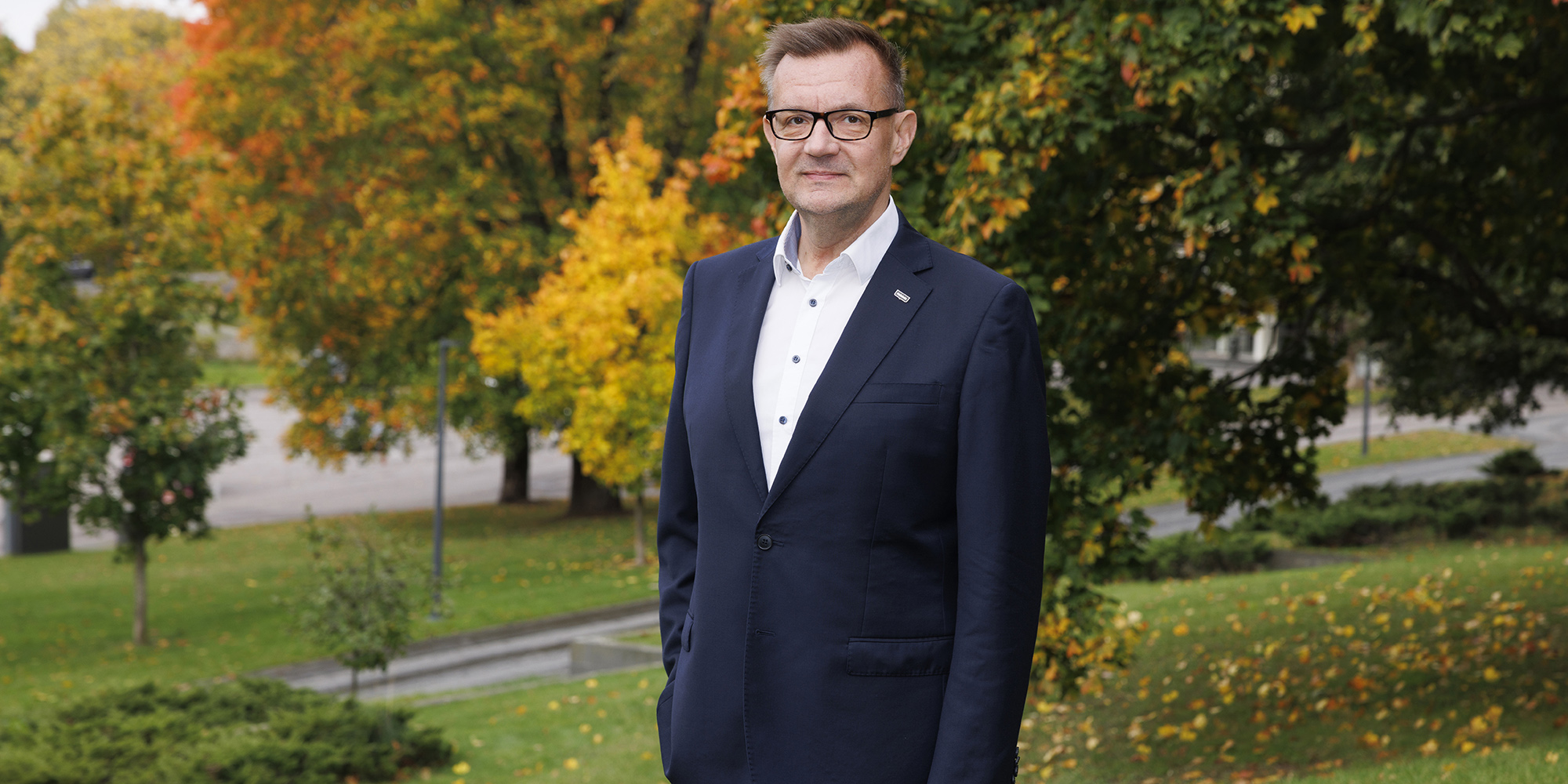In summer 2023, the Finnish Chambers of Commerce published the results of its newest export leader survey. In the survey, 93% of Finnish companies estimated that the current geopolitical instability and related disruptions will have a negative impact of at least some extent on the profitability of their business.
Lenita Toivakka – the then director responsible for international affairs and trade at the Chambers of Commerce – concluded that geopolitical risks should be on the agenda of all business leaders so that companies can ensure their future profitability.
Finnish companies are now indeed showing increased interest in developing their competencies in terms of geopolitical risks, which we can see in our work at Aalto EE.
Both Aalto EE’s existing and potential customers have shown interest in customized programs that may focus even solely on geopolitical risks, as well as related open programs, such as the Geoeconomics for Executives program that was delivered for the first time in fall 2023.
Finnish companies are now showing increased interest in developing their competencies in terms of geopolitical risks."
This comes as a consequence of recent, unprecedented major events, such as the COVID-19 pandemic and the consequences that followed as well as the Russian invasion of Ukraine. Such events have shown that the world and the operating environments can change in a flash.
Finnish companies are now trying to better understand how all the on-going geopolitical changes impact them and what strategies they can take to mitigate the risk, says Dr. Elizabeth Stephens, Managing Director of Geopolitical Risk Advisory (GRA) and instructor in Aalto EE’s programs.
Dr. Stephens points out that in Finland also the country’s recent NATO membership has been a big change both politically and socially.
“I think Finland is adjusting to what it means to be a member of NATO. For example, the US could station troops in Finland, which is qualitatively different to anything that’s happened before,” Stephens says in an Aalto Leaders’ Insight interview.
Stephens is an investment and country risk advisor. Her company GRA forecasts geopolitical risk trends and advises its clients on the implementation of strategies to manage and mitigate the risks.
Finnish companies are global – they need to consider geopolitics
The US remains the preeminent superpower in the military sphere and is the only country with the capability to deploy its forces to every corner of the globe.
In the economic sphere, while it remains the world’s largest economy, power is shared with China and to a lesser extent Japan and the EU.
“The US economy is growing, but now there are different centers of geopolitical power, which there weren’t in the same way even five but definitely not ten years ago,” Stephens says.
Countries and companies are trying to understand where they fit into this new global ‘disorder’ and how they can pursue their own interests.
Dr. Ulla-Maija Uusitalo, who works with many Finnish companies in her role as the Director of Sales and Accounts at Aalto EE, points out that most Finnish companies are in fact global companies that are interconnected to the global business environment.
This means that companies in Finland need to be aware and interested in how geopolitics influences their business.
Finnish companies realize that they’re dependent on international supply chains, which are impacted by geopolitics."
The COVID-19 pandemic made businesses very aware of the vulnerability of their supply chains, adds Stephens.
“Even if they didn’t think they were operating overseas, their supply chains became instable. When factories in Asia shut down, they shut down factories in Europe because those factories couldn’t get the components they required. Finnish companies realize that they’re dependent on international supply chains, which are impacted by geopolitics.”
Western companies’ dependency on China is heavy, which must be kept in mind. Even companies that don’t have direct ties with China, are dependent on the world’s second largest economy through their supply chains.
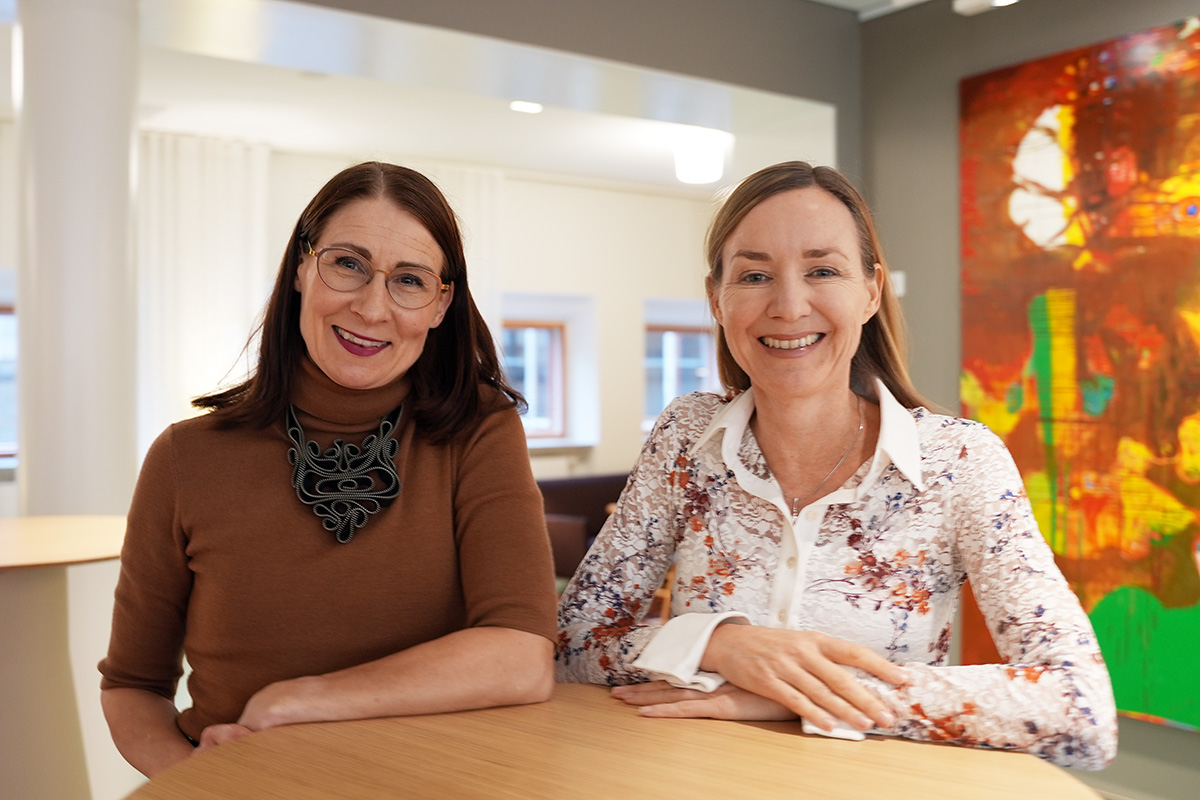
Ulla-Maija Uusitalo (on left) notes that Finland-based companies are, in fact, global companies. They need to be interested in how geopolitics influences their business. Photo: Johnny Jussila / Aalto EE
“We see that companies in the tech sector, for example, are moving some manufacturing production from China to say, Vietnam. That isn’t just about geopolitics; that’s about costs, as wages in China are higher,” Stephens notes.
“But if your inputs and raw material are still coming from China, you’re not decoupling. You’re moving manufacturing, but you’re still exposed.”
According to her, China controls many of the inputs and earth metals that are considered rare.
“Now, those metals aren’t actually rare – it’s just that China has led the way in processing and refining them.”
Educating leaders on geopolitical risks gives a competitive advantage
Companies that invest in increasing their understanding of geopolitical risks are exploring the most effective way they can manage their geopolitical exposure. This means educating their leaders as well as talking to different experts and looking at various data and modelling capabilities to enhance their internal functions.
The point is to be ahead of the curve: to anticipate what could potentially happen next by looking at various scenarios.
All companies have a need for better-informed decision-making. That is the strategical why that explains why companies are ready to heavily invest in educating their leaders on geopolitical risks.
The point is to be ahead of the curve: to anticipate what could potentially happen next by looking at various scenarios."
Stephens sums it up by saying that “The companies that do this the most effectively will have a competitive advantage over those who don’t.”
Ulla-Maija Uusitalo from Aalto EE adds that being a resilient company means being aware of, capable of responding to, and even acting proactively to big changes, including geopolitical risks.
Finnish companies have some specific competitive advantages
“Finnish companies are well placed to operate internationally because they don’t come with the historical baggage that certain other countries do”, says Stephens.
“If a British, French, or Dutch company invest in a certain country, they come with a certain baggage and the local people and governments will view them in a certain way. That’s why China has done well in Africa – it’s not a colonial power.”
Uusitalo hopes to hear more voices in the discussion overall around complex themes, such as geopolitics or the climate crisis.
Finnish companies are more committed to executive education than British companies."
“We need more cross-functional and multidisciplinary knowledge as inputs to decision making. This means being open to a dialogue with diverse actors, viewpoints, and cultures – both inside the organization and in their broader ecosystem. For example, companies that are quite engineer-based could utilize knowledge from social and political sciences and history.”
Stephens has the impression that Finnish companies are more committed to executive education than British companies, for example.
“That gives Finnish companies a competitive advantage as well.”
What do all companies need to understand about geopolitics to be resilient and profitable in the future? According to Elizabeth Stephens |
|
1. Geopolitical risk is something that can be actively managed by the board and management. “There is a lot that can be actively managed and therefore mitigated as well.” |
|
2. Build resilience into your operations and supply chains. “It may increase costs in the short term, but in the medium to long term it may enable the business to keep functioning.” |
|
3. Do not assume that the past is the guide to the future and believe that the unthinkable will happen. “Imagine what is the worst-case scenario and come up with a strategy for how you manage that. Make your best plan for the worst possible scenario.” |

